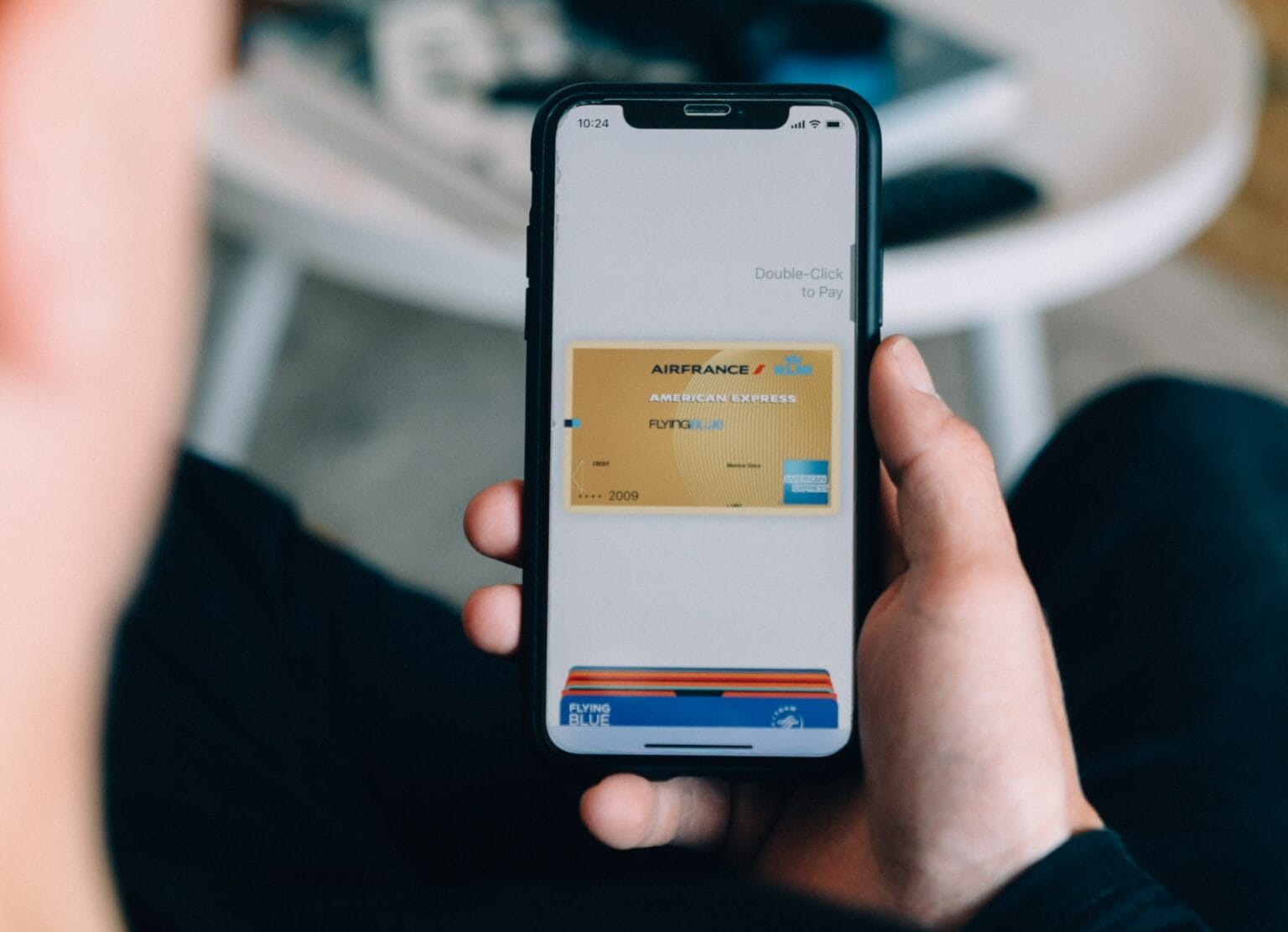Cupertino profits from every Apple Pay transaction. And the money comes from big banks that issue the credit cards that get entered into the iPhone’s virtual wallet. Now, the banks are reportedly pushing to have the fees lowered.
And the fact that Apple created its own credit card to complete with the banks only made things worse.
Apple Pay costs banks money
Whenever an iPhone owner uses Apple Pay to make a credit card transaction, the bank that issued that card must give Apple 0.15% of the amount, according to The Wall Street Journal. That’s a tiny sum — 15 cents on a $100 purchase — but it adds up. And the card issuers are not happy.
Not surprisingly, Apple is resisting any change. But Visa might modify the way it handles reoccurring transactions. The WSJ reports:
“When consumers load their credit card onto Apple Pay, Visa issues a special token that replaces the card number. That allows the card to work on Apple Pay and also helps keep the card secure in a potential data breach, among other benefits.
“Visa plans to start using a different token on recurring automated payments. That effectively means that after a first payment is made on a subscription, Apple won’t get fees on the following transactions.”
Apple Card becomes bone of contention
The 2019 launch of the Apple Card in cooperation with Goldman Sachs made Apple something of a direct competitor with the banks that issue other credit cards. Some executives at Bank of America, Capital One and JPMorgan Chase reportedly think the Apple Pay fees they must fork over are now going to a rival.


